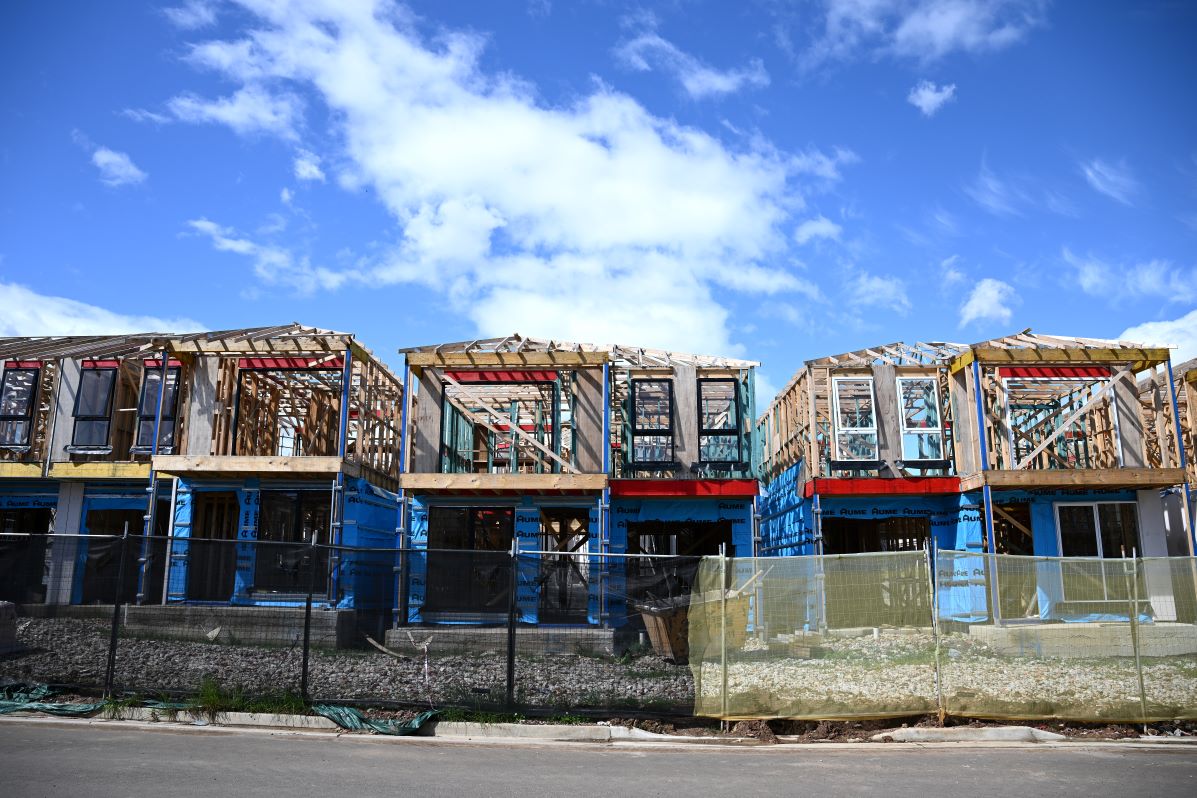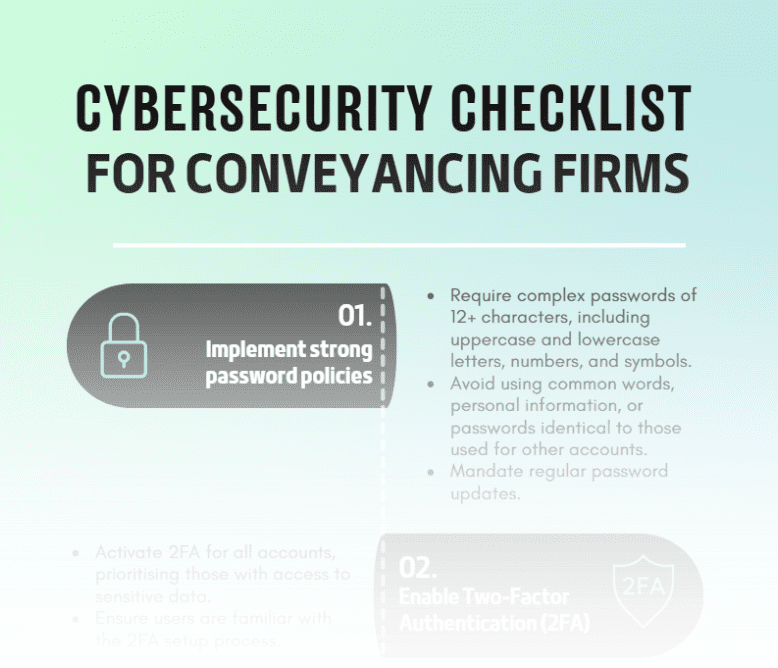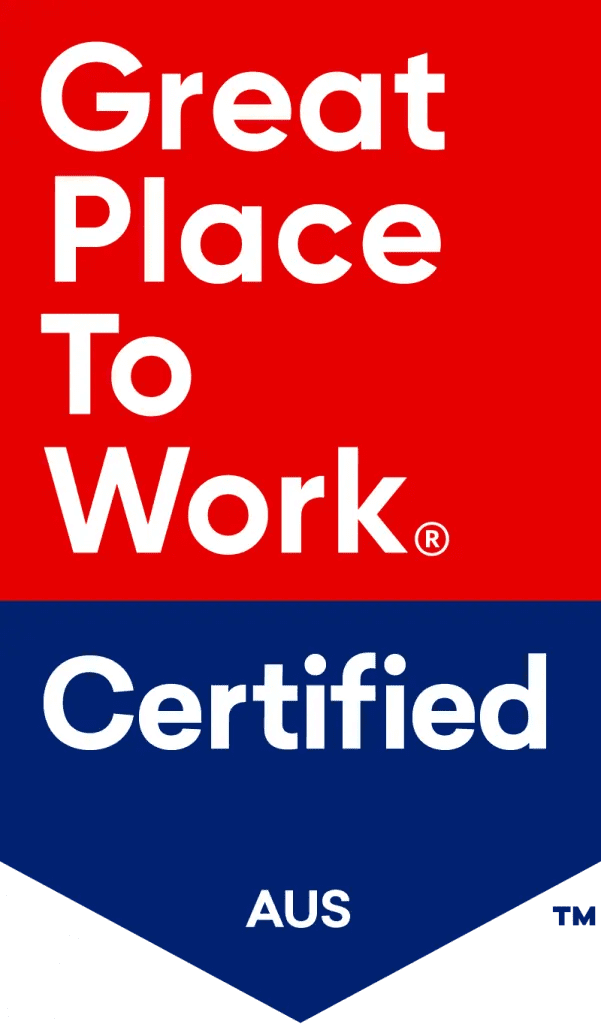Privatisation fears have been raised after the NSW Labor government declined to rule out putting public land into the hands of private developers.
More than 300 properties have been earmarked for possible housing development under an ongoing audit of government land launched to relieve the housing crisis.
But a decision as to whether the government would sell identified land to private developers would “be made later on,” Lands Minister Steve Kamper told a budget estimates hearing on Wednesday.
“The government’s objective is to deliver housing,” he said.
“How it delivers the housing – that depends, in many respects, on the particular site.”
That raised fears amongst the Liberals and the Greens about a key Labor pledge to stop three decades of privatisation, ahead of its state election win in 2023.
“Not only was the minister unable to provide a time frame for the completion of Labor’s land audit – which is already behind schedule – he could not rule out selling off that land to private developers, which would be yet another broken promise,” opposition planning spokesman Scott Farlow said.
Privatisation can refer to the full or partial transfer of government property or assets into private hands.
However, Premier Chris Minns has previously railed against that word being applied to undeveloped land held by the state government, even by “the loosest definition of privatisation”.
Adjusted for inflation, scores of assets have been sold by previous governments for about $96.9 billion since 1989, a parliamentary report found.
“If his government truly opposes the sale of public assets, the minister should be able to guarantee that these public places will not be carved up and sold off to private interests for a profit,” Greens planning spokeswoman Sue Higginson said.
Ms Higginson also drew attention to the apparent lack of firm anti-corruption safeguard measures being applied to the audit and its recommendations.
“It’s woefully inadequate,” she said.
“$11.5 billion of public land is at stake. That demands serious safeguarding.”
About 4300 lots have been assessed during the whole-of-government land audit, with more than 300 earmarked for some potential housing, the hearing was told.
The due diligence for each site considered current zoning, site contamination, water and sewerage service availability and other factors.
Developments on surplus public land will include a minimum of 30 per cent affordable, social and universal or all-ages housing.
The NSW Labor government did not want to rule anything out or constrain itself while opportunities to use public land were investigated, a spokesman told AAP.
“The land audit’s key objective is to identify NSW government-owned land that could deliver greater housing supply,” the government spokesman said.
Government-owned developer Landcom and new agency Homes NSW are expected to be involved in building homes in most locations.
Housing | NSW
‘Decision to be made’ about sale of NSW public land
By: Luke Costin
Location: Sydney
Source: AAP
Image: Dan Himbrechts






